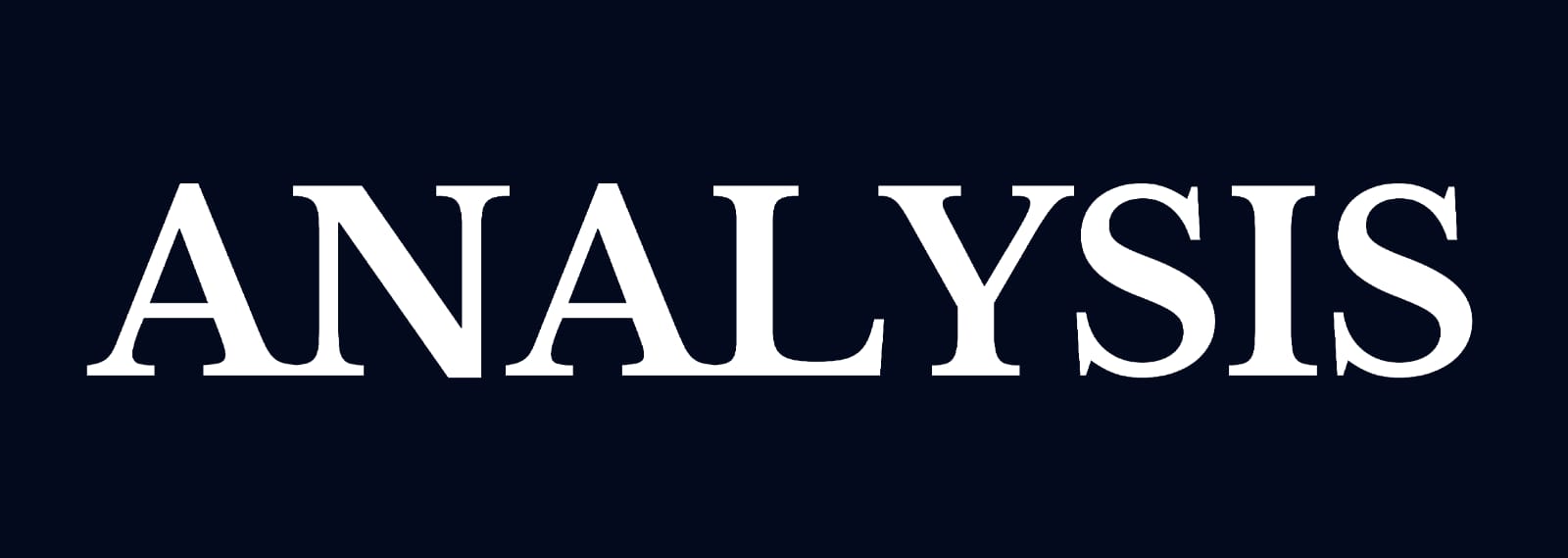
William Lai's Election And Increasing Tensions In Taiwan-China Relations
William Lai’s election as Taiwan’s President will further stoke tensions with China, but a full-blown military conflict remains unlikely, for now.
By | Nate Fischler,
MARCH 25, 2024 | 03:29 PM

The election of William Lai Ching-te to the presidency of Taiwan in January 2024 portends further and more intense tension with China in the coming years. Lai, of the incumbent Democratic Progressive Party, or DPP, will replace outgoing President Tsai Ing-wen in May, whose eight-year tenure was marked by deteriorating cross-strait relations with Beijing. The view from Beijing is that the DPP is a separatist political party pursuing de jure independence from China, with Lai as an individual being one of its chief offenders. Indeed, in official correspondence, Chinese officials have referred to him as a “separatist” and “troublemaker,” even framing the January election as a “choice between peace and war,” implying that a vote for Lai was a vote for war. An official from China’s Taiwan Affairs Office referred to Lai as “a destroyer of cross-strait peace” and a “creator of dangerous war” in December 2023, prior to the election. It would thus seem that Beijing views Lai as even more of an irritant than Tsai.
Though a staunch defender of Taiwan’s de facto sovereignty, outgoing President Tsai did not venture into de jure independence policy or explicitly state that desire in her official capacity as president. Lai, by contrast, self-identified as a “pragmatic worker for ‘Taiwan independence’” while serving as premier in 2017. Nonetheless, Lai tempered his stance in subsequent years to state that Taiwan’s de facto independence is sufficient, implying that he, like Tsai, will not seek de jure independence in his capacity as president. Even if this proves to not be the case, the election also saw the DPP lose its majority in the Legislative Yuan, which would likely act as a tempering constraint should Lai pursue more radical, pro-independence policies beyond Taiwan’s de facto sovereignty that has been the basis of the status quo for decades.
In response to the election results, China’s official rhetoric did display a level of restraint, downplaying Lai’s victory and highlighting that he only won 40% of the vote. Nonetheless, China has already ratcheted up pressure on the self-governing island. Thus far, this has taken the form of diplomatic pressure, with the Pacific Island nation of Nauru strategically changing its recognition from Taipei to Beijing in the days following the election, which was more than likely a coordinated move between it and China to demonstrate to the Taiwanese voting population that it made the “wrong choice” by electing Lai, suggesting there will be further diplomatic consequences. Taiwan is now left with only 12 diplomatic partners that formally recognize it, and all are small countries with limited international clout.
Since the election, China has also pressed Taiwanese security by making moves to shrink its strategic space in the air and sea domains. Specifically, China altered multiple commercial flight paths to fly closer to the median line, the de facto dividing line between China and Taiwan. These decisions were undertaken without consulting Taipei. In February, China responded to a deadly incident in the Taiwan Strait near Taiwan’s Kinmen islands that saw two Chinese fishermen drown while attempting to flee Taiwan’s coast guard by announcing that China’s coast guard’s Fujian division will more intensely monitor, patrol and enforce its formal legal jurisdiction around Kinmen, which hugs the coastline of mainland China. For context, the Kinmen archipelago sits merely three kilometers away from the Chinese city of Xiamen, rendering it geographically isolated from Taiwan’s primary island, which is approximately 275 kilometers to the east. During the 1990s, Taiwan implemented a policy of “restricted waters” encompassing the Kinmen and Matsu islands (the latter being situated similarly close to China’s coastline), which both sides broadly adhered to, until now. What these developments suggest is that in the coming years of the Lai presidency, China will act to erode the de facto boundaries around Taiwan, thus shrinking its strategic airspace and maritime space.
In the coming years, other actions China could take to pressure Taiwan include those along economic vectors, such as by extending suspensions of tariff exemptions it has previously granted to Taiwanese exports to the country, potentially impacting Taiwan’s agricultural and industrial sectors. There will also likely be more frequent instances of military coercion, such as by conducting naval exercises nearer to Taiwan’s shores and routine incursions into Taiwan’s airspace with fighter jets. Nonetheless, the risk of an outright invasion and the eruption of armed conflict remains low, for now. China still has crucial gaps in its defense structure and is exposed to major vulnerabilities in the form of maritime chokepoints, most notably the Strait of Malacca, meaning an adversarial navy could easily blockade its supply routes. In the meantime, China is building out several infrastructure projects that allow it more direct access to the Indian Ocean in an attempt to circumvent these choke points and mitigate the attendant vulnerabilities. For these reasons, the four-year term of Lai as Taiwan’s president will likely result in a ratcheting of tensions but not in a full-blown military conflict.
